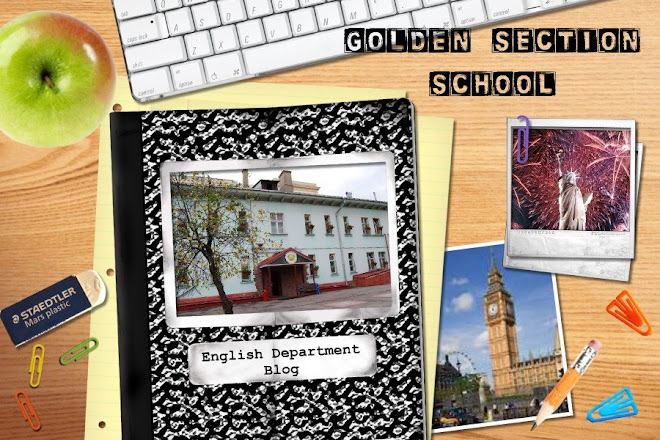

September 11, 2008
Looking at my daughter, the clerk behind the counter asks, "What is she?" Since this is not the first time I have heard this question, the stored up, smart-aleck answers swirl through my mind. Instead, understanding that I am my daughter's role model for handling life issues, I stifle the negativity and respond, "She's beautiful, and smart and well behaved, too."
The clerk says, "Oh," and glances at me, wondering if I just didn't understand the question, and I smile because I understood the question right away, but I am only just now beginning to understand the real answer: that family is defined by bonds much deeper than birth, or skin color or genetics. Like anyone lucky enough to experience "found" love, I believe that family is defined only by the heart.
I met my daughter, Rudy, while working as an audiologist at the Commission for Children with Special Health Care Needs. She was a small, quiet, non-communicative 2-and-a-half-year-old — and my heart recognized her immediately.
I am the whitest of white women, and my daughter is some indefinable combination of all that is beautiful from at least three races: curly dark hair, petite features, freckles, a golden tan skin tone, one blue eye and one brown. If her race had only one name, it would be perfection.
My daughter and I share so much in common, it never occurs to me that others may not see us as a family. That's why I was startled the first time a stranger inquired about my daughter's race and our relationship. I had forgotten that we didn't look alike. The next time I was asked, I politely explained that we are mother and daughter and that Rudy's race is unknown. The 20th time somebody asked about my daughter's race and our relationship, I explained why the questions were inappropriate. The 40th time someone asked, I just pretended not hear.
Now, after much time to reflect about the purpose of these questions, I understand. I understand that everyone wants love and acceptance. And these are such rare gifts, that when people see them freely demonstrated, they are compelled to seek the source.
Recently, Rudy surprised me when a white-haired lady, standing right beside us, asked if I was her mother. Rudy threw the lady a disbelieving glance and said, "Well, she helps me with multiplication, fixes my hair, kisses me and we both have freckles on our noses — who else could she be?"
When Rudy asks me to explain why people need to ask questions like that, I tell her not to worry, it's the answers that really matter. The questions of race and family can be complicated to be sure, but I believe all of the answers can be found by seeing people first with the heart.

No comments:
Post a Comment